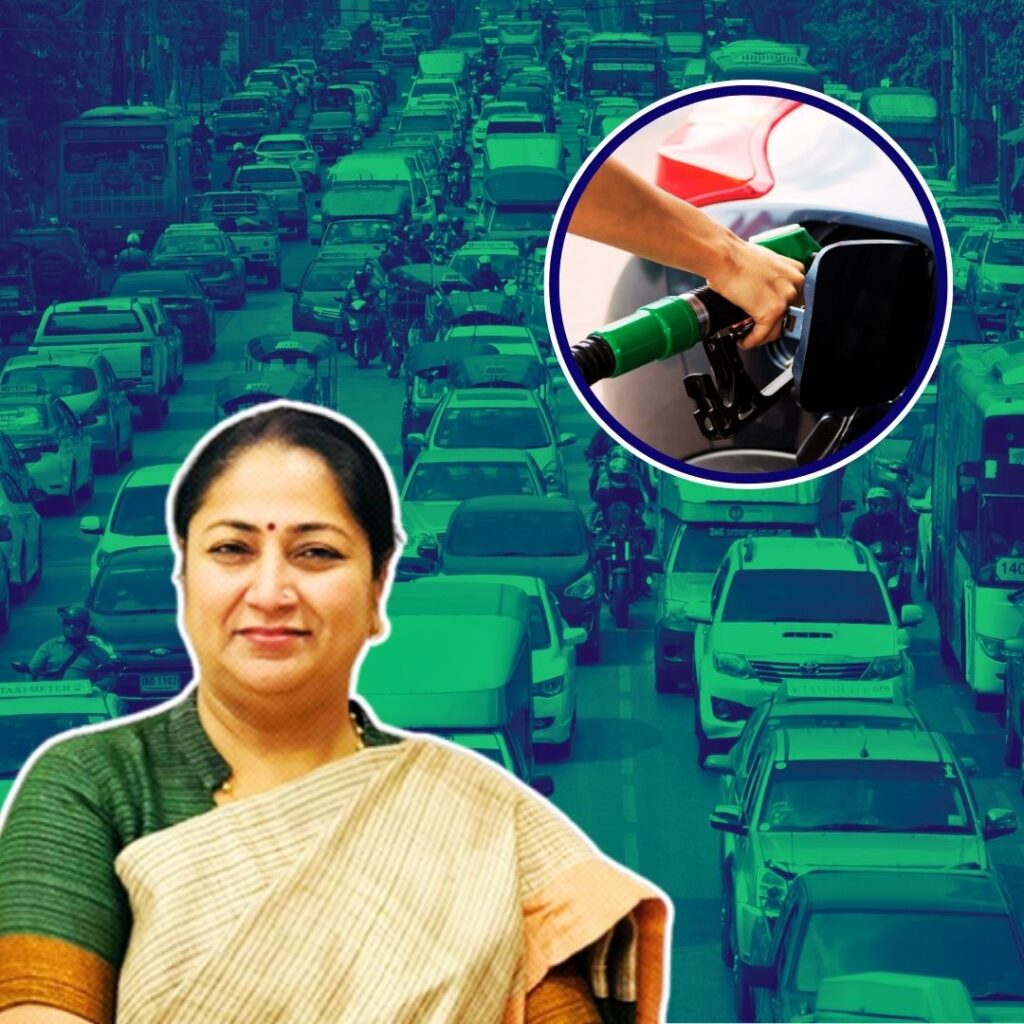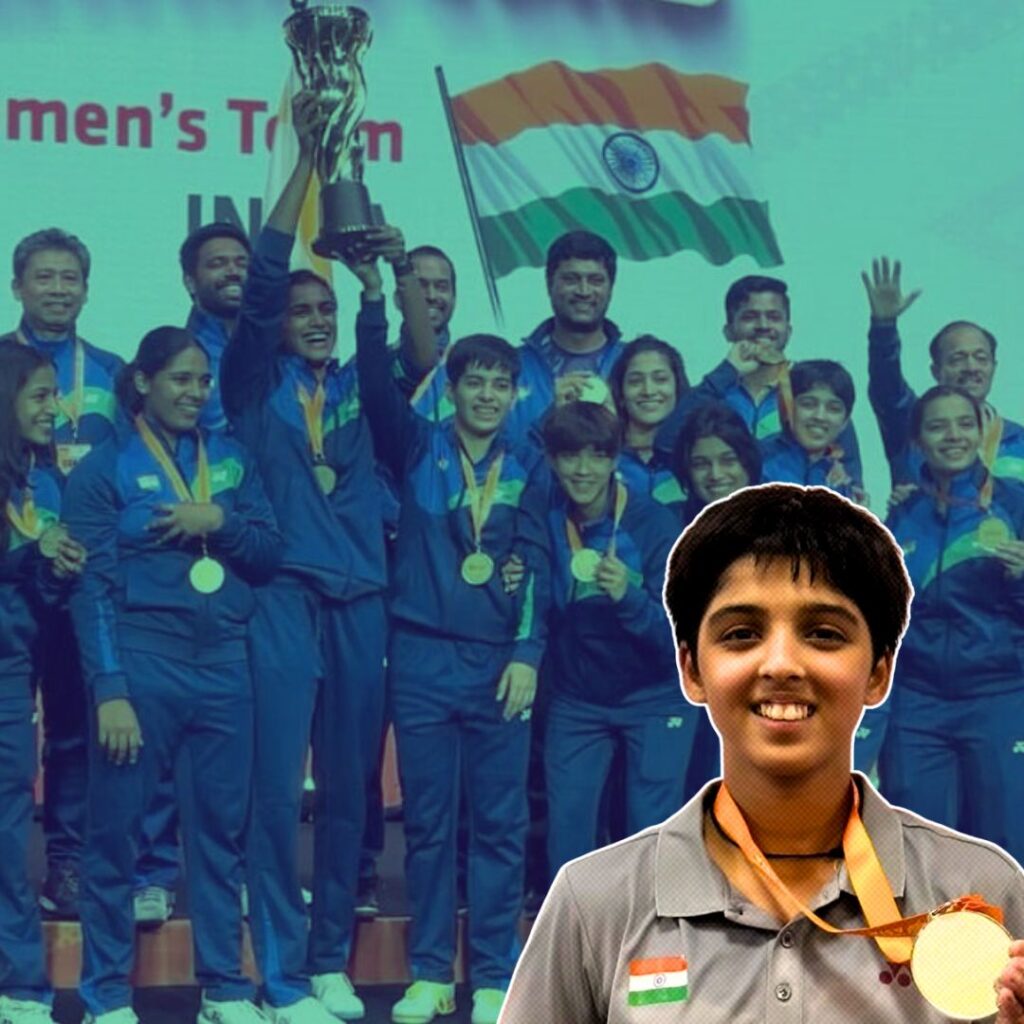It was a regular, hot and extremely humid day in Mumbai when I visited Dharavi, famously known as the largest slum in Asia. This was back in 2014 when I was researching on menstrual hygiene practices in urban slums. A local handyman, Sunil Bhai, was helping me navigate through the place and introducing me to different people in the community for my research. As it was lunch time, he invited me over to his house to have lunch with his wife and daughter. Just outside their house, there was an open drainage pipe starting from a public toilet, and inside, the house had marble flooring, Dish TV, refrigerators, and some kitchen appliances. I was happy to learn that Sunil Bhaiâs daughter was going to join junior college soon.
As I started talking about periods with the ladies in the house, Sunil Bhai stealthily vanished from the scene out of sheer embarrassment. I asked his daughter, Sulekha, about the hygiene practices she follows during her period. She said âI use my old clothes, tear them into smaller cloth pieces and use them. Sometimes I reuse them, sometimes I throw themâ. On probing her further, I found that the cleaning and drying practice of the cloth that was being re-used was far from hygienic. Out of curiosity, I asked her âPads are available right next to your house for less than Rs 35 a packet. Why donât you use it? Wonât it be more convenient?â As I did not see a problem of affordability or access to her.
She said âThese pads donât even last for 2 hours. They are small and leak from the sides. The toilets in my school are very dirty. I donât like going there again and again. A cloth is better, atleast it works longer.â
This was when I realized that most low-cost products (mind you, even the low-cost products from multinational companies) have smaller size pads and different raw materials for their lower priced versions. While it is the case with most consumer products that premium products have superior performance than low price ones, what makes it challenging with sanitary napkins is that women have an alternative which may not be hygienic but âworks longerâ than the pads that they can afford. This really disincentivizes girls to move from cloth to pad as they see no perceived advantage.
Over the last few years of working with Saral Designs in menstrual hygiene in low-income communities, one key anchor for us has been respecting the dignity of the consumer, no matter what background or income segment she comes from. Most of these women have been through unimaginable hardships in their lives and fight daily against poverty, hunger, violence and inequality. They struggle, they learn fast, they adapt and they survive. It is only naive to underestimate them. They have a strong sense of the value of money and plan for every rupee that they spend.
We made sure that, though our aim was to increase access to affordable hygiene products, there will be no cutting the corners on quality or packaging. The woman will have a choice to purchase something she values and aspires which is also good for her health.
We developed an automatic compact machine to make ultra-thin sanitary napkins (extra large sized, with wings) retailed at Rs 30 for pads in the market, under the brand name Aisha. These pads are made available through medical shops, retail, and even e-commerce.
But this still wasnât the answer for remote areas where access is limited. Driving 100 kms away from Mumbai, you will find tribal pockets with no retail shops in a 5km radius. The family travels to the nearest town during these âFriday Bazaarsâ for their grocery needs. Due to the shyness around the purchase of sanitary napkins from a shop guarded by men, the purchase never happens.
Hence, involving the community in the process of behaviour change becomes important. We identified and trained 1 woman per village in 60 villages who we call âSanginisâ. Each of these women goes door to door to every house in their village, and talks to the women about menstrual hygiene practices. Sanginis also stock Aisha pads in their homes so that women have easy access to pads when they need it.
It is important to develop a voice from within the community, challenging their assumptions that harm their health and confidence, while not being condescending about it. If you go on the field with an attitude of âI know more than youâ, then be ready for a life changing, belief shattering experience for yourself first.
We gamify the process of hygiene awareness, not by one-way seminars on health, but by making them ask the right questions to themselves. In most sessions, we make the women play the game of Chinese whisper (where you whisper a phrase in the next personâs ear and so on. The last person would, loudly, speak out the phrase). At the end of it, like most times with this game, the women get their phrase wrong. It is then we give an analogy with how we talk about periods, by whispering beliefs in each otherâs ears and the informati…











